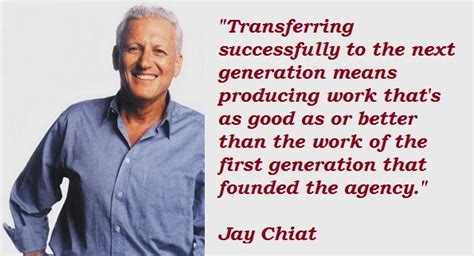A Quote by Henry Giroux
Under neoliberalism, culture appears to have largely abandoned its role as a site of critique.
Related Quotes
Where neoliberalism thrives is in having done something that we haven't seen before. There is a merging of culture, politics, and power under neoliberalism that's unprecedented. They control the cultural apparatuses. And what I mean by "cultural apparatuses" is all those institutions that are about the production of knowledge, values, dispositions, and subjectivities. They control them.
It turns out that we're actually capable of something other than neoliberalism and actually we're really capable of enjoying ourselves more than we do under neoliberalism. It feels that if neoliberalism is first about privatizing desire and imagination before the economy, then we're in this process of publicizing it again.
As a mode of public pedagogy, a state of permanent war needs willing subjects to abide by its values, ideology, and narratives of fear and violence. Such legitimation is largely provided through a market-driven culture addicted to the production of consumerism, militarism and organized violence, largely circulated through various registers of popular culture that extend from high fashion and Hollywood movies to the creation of violent video games and music concerts sponsored by the Pentagon.
The Marxist critique is only a critique of capital, a critique coming from the heart of the middle and petit bourgeois classes, for which Marxism has served for a century as a latent ideology.... The Marxist seeks a good use of economy. Marxism is therefore only a limited petit bourgeois critique, one more step in the banalization of life toward the "good use" of the social!
When I speak of artistic universals, I am not denying the enormous role played by culture. Obviously culture plays a tremendous role, otherwise you wouldn't have different artistic styles - but it doesn't follow that art is completely idiosyncratic and arbitrary, either, or that there are no universal laws.

































